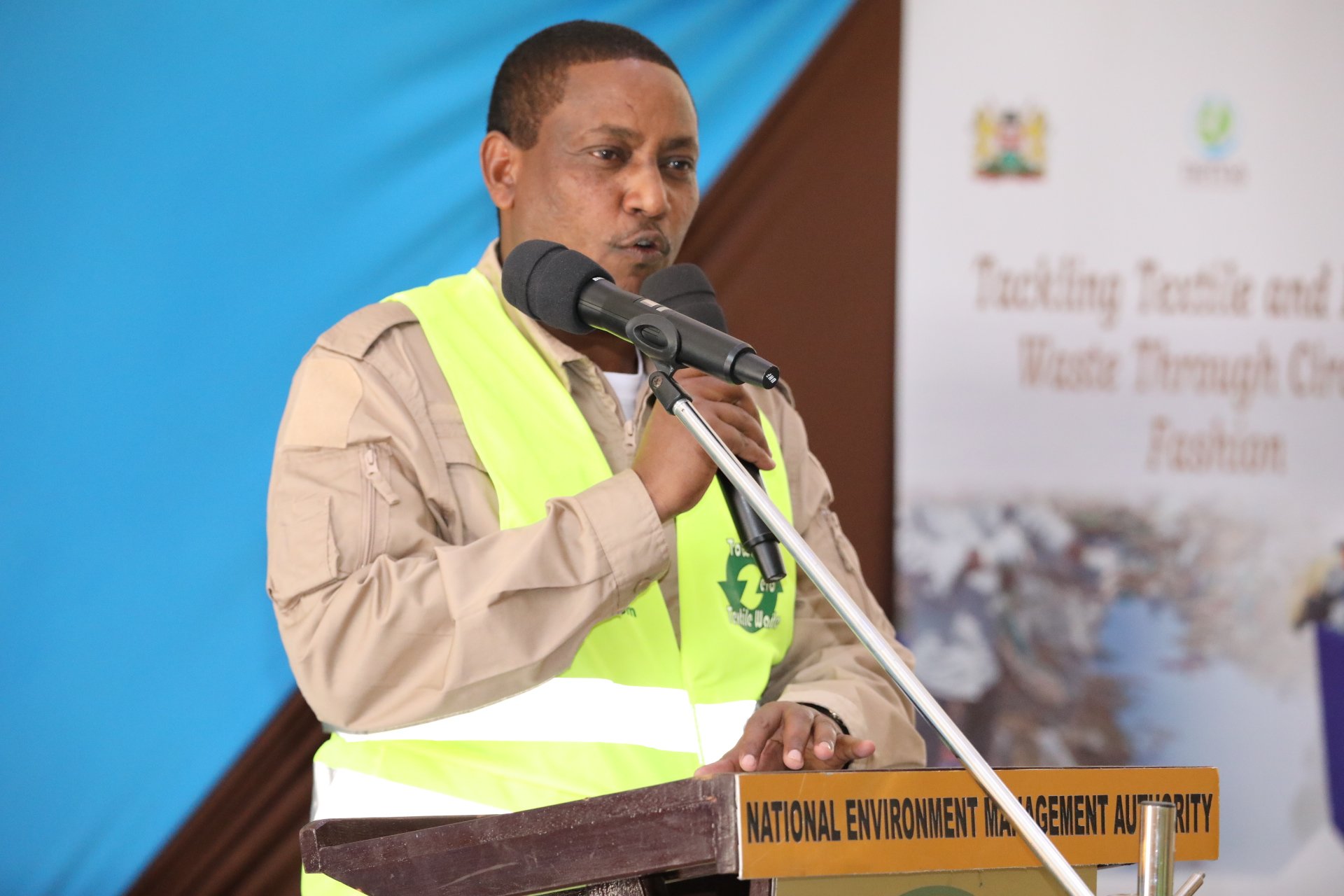The National Environment Management Authority (Nema) has instructed all county governments to fully comply with the provisions of the Sustainable Waste Management Act, 2022.
Nema Director General Mamo Mamo said counties must now put in place systems and structures that support the implementation of the law, which came into effect on July 8, 2022.
“Nema has written to counties to comply with the Sustainable Waste Management Act 2022,” Mamo said.
According to the Act, counties are required, within two years of the law’s commencement, to develop county-specific legislation in consultation with relevant national agencies, the public, and other stakeholders. These laws will guide how counties manage and regulate waste in their jurisdictions.
The Act further empowers counties to create regulations on the use of land for waste management purposes and encourage investments in sustainable waste handling systems, including collection, separation, treatment, processing, recovery, and safe disposal.
Mamo noted that only a few counties have established material recovery facilities, despite the requirement for all to do so.
“Counties are supposed to come up with material recovery facilities so that waste can be segregated and then disposed of in a landfill. But only a few of the counties have come up with material recovery facilities,” he said.
Under the law, counties must establish recycling and material recovery facilities as well as sanitary landfills for non-recoverable waste. They are also expected to create incentives for the collection and separation of waste at the source, particularly in informal settlements and residential areas.
Material recovery facilities are designed to allow sorting, processing, and preparation of recyclable materials from waste streams for resale to manufacturers, promoting a circular economy.
Nema has also been encouraging private sector involvement in setting up these facilities to replace open dumping sites. The aim is to shift towards a circular waste management model that prioritises recycling and environmentally responsible disposal practices.
Mamo said that through the Extended Producer Responsibility (EPR) framework, the authority plans to raise funds to establish at least one material recovery facility in each of the 47 counties.
The EPR policy places the responsibility for the entire life cycle of products—collection, recycling, and disposal—on producers, importers, and brand owners. It requires them to register with Nema, establish take-back systems, pay EPR fees to support waste management, and submit annual reports detailing compliance.
The approach, Mamo explained, is guided by the “polluter pays” principle and is aimed at reducing pollution while promoting sustainable production and consumption practices.
He added that Nema will soon begin working with Nakuru County to develop a model for establishing material recovery facilities. A similar project has already been completed in Taita Taveta County through a UN-Habitat initiative known as Go Blue.
